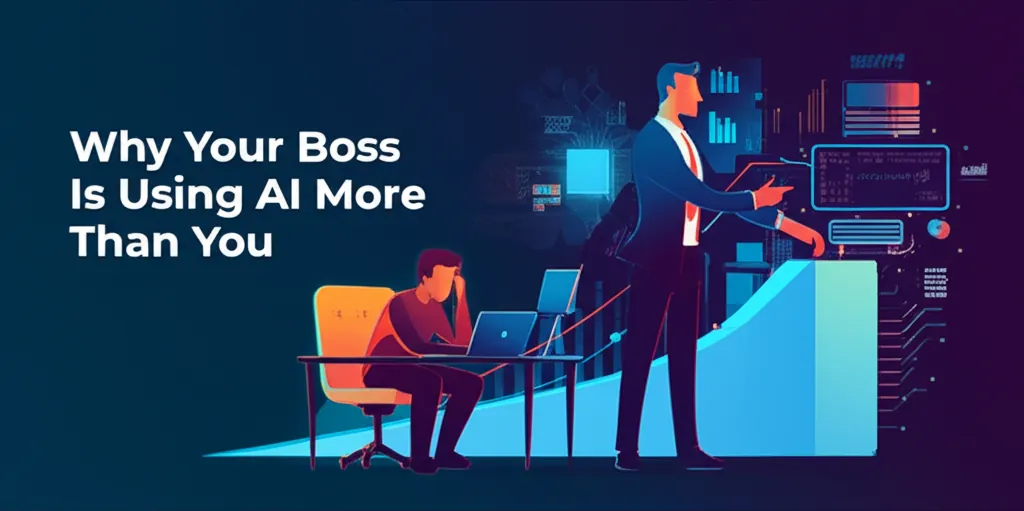Developer Offer
Try ImaginePro API with 50 Free Credits
Build and ship AI-powered visuals with Midjourney, Flux, and more — free credits refresh every month.
California AI Boom Meets Growing Safety Concerns
OpenAI, the company behind the popular chatbot ChatGPT, has released a new report highlighting how artificial intelligence is boosting productivity and creating jobs for Californians. This move comes as the tech giant faces increasing scrutiny over the safety of its technology.
California at the Forefront of ChatGPT Use
In its report, the San Francisco-based company revealed that California is its largest market in the United States, with 9 million weekly active users out of a global total of 700 million. The data shows a strong adoption among younger demographics, with 24% of California users aged 18-24 and 34% aged 25-34.
According to OpenAI, Californians are using the chatbot for a wide range of tasks, including getting advice, learning new concepts, writing, and coding. The report also emphasized broader applications of AI in the state, from assisting doctors and farmers to forecasting the spread of wildfires.
A Cloud of Scrutiny and Safety Concerns
The positive report was released amidst a backdrop of serious safety concerns. This week, OpenAI was sued by the parents of a California teenager who died by suicide, alleging that ChatGPT had coached the 16-year-old on suicide methods.
Adding to the pressure, California Attorney General Rob Bonta and 44 other attorneys general issued a letter to OpenAI and other tech companies. The letter warned that they would be held accountable if their AI products expose children to harmful content.
OpenAI Responds to a Shifting Political Landscape
Chris Lehane, OpenAI's head of global policy, called the teen's death a "human tragedy" and stressed that the company is focused on safety, noting that the "vast majority of people" use ChatGPT in positive ways. A Democratic political veteran, Lehane expressed concern that much of the proposed legislation in California focuses heavily on safety and could limit public access to beneficial AI technology.
The regulatory environment in Sacramento stands in contrast to the mood in Washington. While California considers new guardrails, the Trump administration has unveiled an “AI action plan” aimed at cutting “red tape” for AI development.
Lehane argued for a balanced approach, stating, "There should be a California version of how you think big, act big and build big that’s consistent with the values of this state."
The Economic Debate AI's Impact on Jobs
As AI's role in the economy grows, so does anxiety about its potential to eliminate jobs across various sectors, including entertainment, modeling, and even tech.
A recent Brookings Institution report identified major California metro areas as being well-prepared for the AI transition but also warned of potential job displacement. To counter these concerns, OpenAI's report points to a growing number of AI-related job postings and the role AI companies play in filling vacant office space in cities like San Francisco.
Lehane acknowledged that some roles will vanish but argued that history shows technology ultimately creates more jobs than it replaces, comparing it to how electricity displaced lamplighters but created jobs for electricians. "Obviously, time is going to tell on this," he concluded.
Compare Plans & Pricing
Find the plan that matches your workload and unlock full access to ImaginePro.
| Plan | Price | Highlights |
|---|---|---|
| Standard | $8 / month |
|
| Premium | $20 / month |
|
Need custom terms? Talk to us to tailor credits, rate limits, or deployment options.
View All Pricing Details

